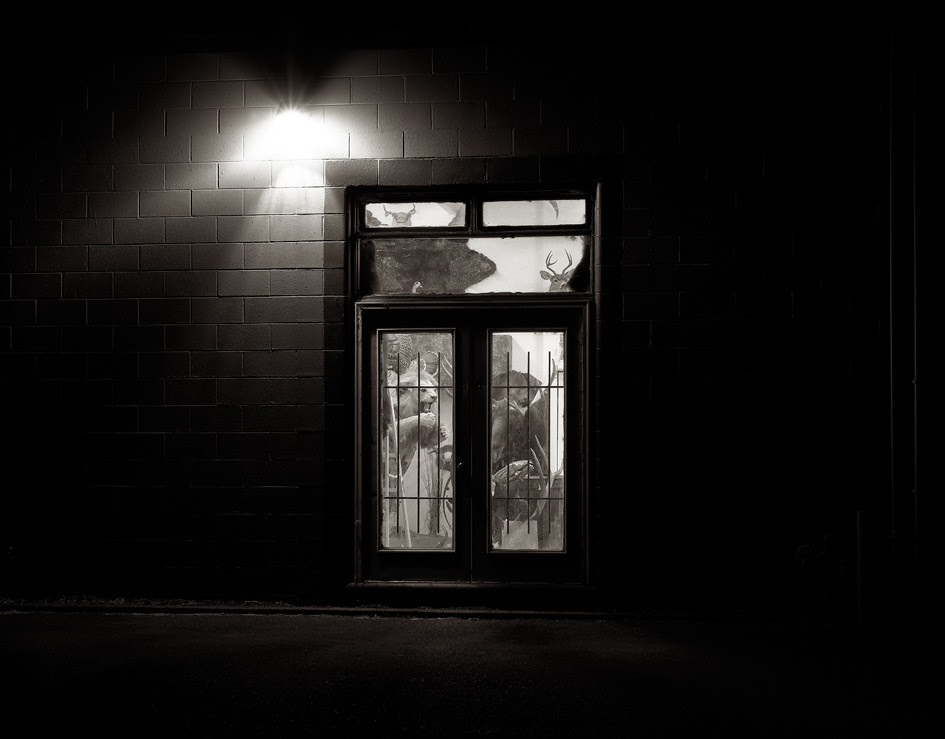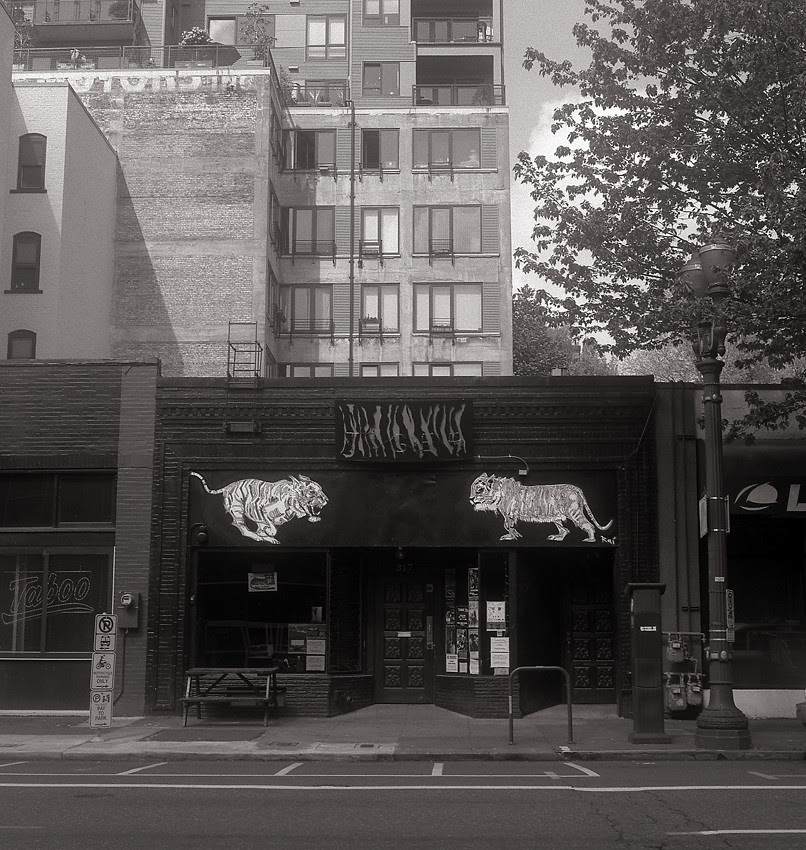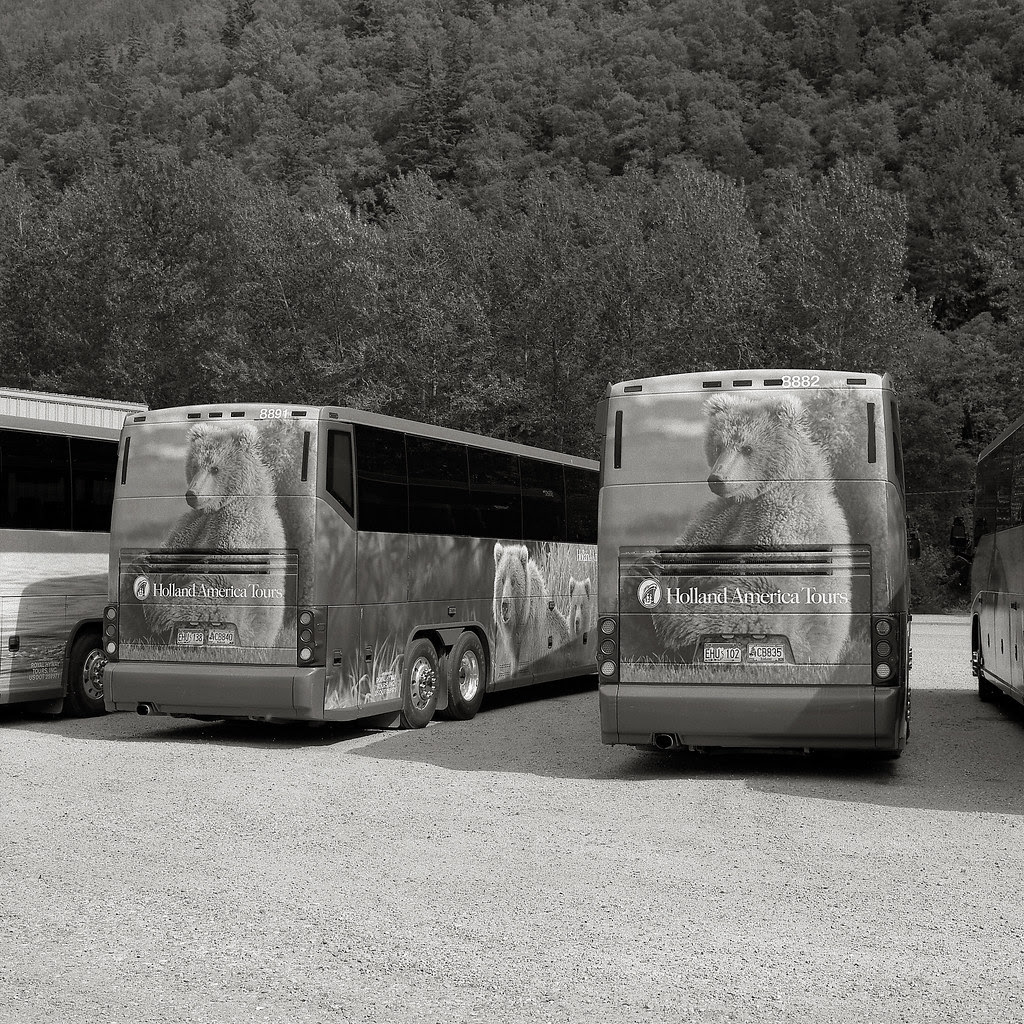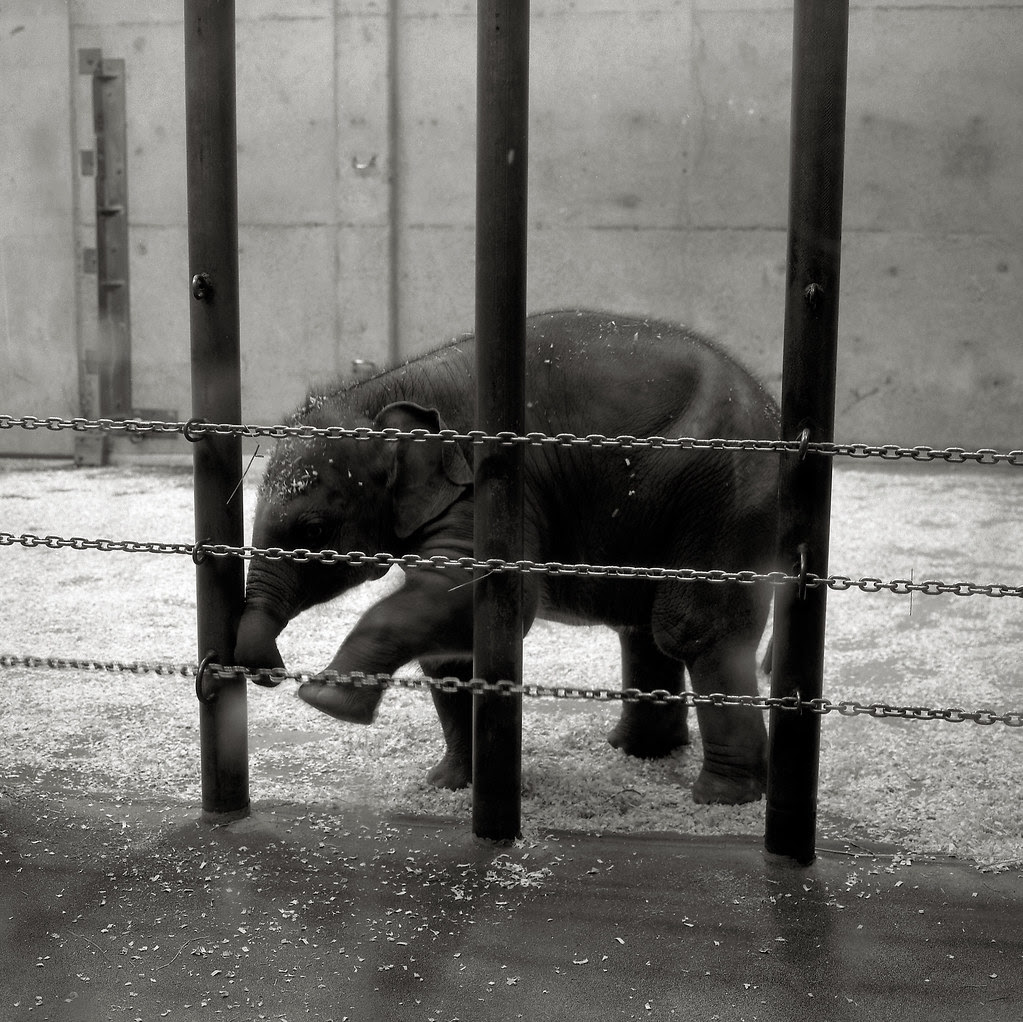.

Blackbird, Burns, Oregon: photo by Austin Granger, 22 April 2014
Is it the light?
Something. Escaping the enclosure
Something. Escaping the enclosure
somehow, slipping under
and heading off somewhere
or other. How far
How high how deep
won't matter
just go.
just go.

Field with Birds, Sauvie Island, Oregon: photo by Austin Granger, 21 November 2011

Owl, 'D' Ranch, Point Reyes: photo by Austin Granger, February 2011

Pelican, Wildcat Beach, Point Reyes, California: photo by Austin Granger, 25 February 2011

Black Door with Pelicans, North Bend, Oregon: photo by Austin Granger, 19 October 2013

Artistic Taxidermy, Hampden, Oregon: photo by Austin Granger, 21 April 2014

Buck Skull, Drake's Estero, Point Reyes, California: photo by Austin Granger, February 2011

3215 [Elk Skull], Tomales Point, Point Reyes, California: photo by Austin Granger, 27 February 2011

The Cow, Black Rock Desert, Nevada: photo by Austin Granger, 1 July 2011

The Rabbit, Black Rock Desert, Nevada: photo by Austin Granger, 10 July 2011

Dead Cow, near Winnemucca, Nevada: photo by Austin Granger, 18 April 2014

Bobcat, Beaverton, Oregon: photo by Austin Granger, 24 October 2012

Polar Bear, Taxidermist's, Eugene, Oregon: photo by Austin Granger, 25 February 2011

Lion and Moose, Taxidermist's, Eugene, Oregon: photo by Austin Granger, 3 August 2011

Magnum Safari, Portland: photo by Austin Granger, 7 March 2012

The Safari Club, Estacada, Oregon: photo by Austin Granger, 6 March 2014

Civics resting, Santa Rosa, California: photo by Austin Granger, 27 February 2011

Abandoned Strip Mall with Jaguars and Wildebeests, Portland: photo by Austin Granger, 10 October 2012

Tigers, Portland: photo by Austin Granger, 31 May 2011

Bears, Parking Lot, Skagway, Alaska: photo by Austin Granger, 5 July 2013

Bear with Handler, Alaska: photo by Austin Granger, 7 July 2013

Lily, Portland Zoo: photo by Austin Granger, 13 March 2013



17 comments:
What happens when a lion wanders into the high tech capital of the universe?
(Evidently Google doesn't do Safari... yet.)
And on the other hand (?), more from the daily news on the local (one-sided) wildlife / "civilization" interface:
How the USPS welcomes baby black-crowned night herons...into the wood chipper.
Wonderful poem... grand photographs... if grim. Geez... we're a road kill nation. Had a couple of college ball players years back who midnight-hit a deer with a compact car. Surprisingly little damage to the car. Dead buck. The two ball players gutted the deer, stuffed it into the car, head out one window. By morning the deer was hanging from a dorm window. The ball players were not rich kids. They butchered... wrapped the meat....
just go...
I like the slipping under like the seals, but then there's the not quite slipping under those tires
or slamming into the windows just like the country music says--like a bug on the windshield of life. I am already beginning to feel like one of those bugs, the kind still climbing up the glass, not understanding quite why it's so hard to move and why it's impossible to lift off . . .
One wants to go, but it is impossible to lift off.
Splat.
The deer dangling from the dorm window on the night of the Walt Disney Reichstag Fire.
The black-crowned night herons, grinding in the shredder.
Austin Granger's photos have a metaphysical quality, an incorporation of paradox, an ironic awareness of the omnipresence of death in life hand in hand with an acceptance of death as part of a larger ongoing process, of which we can know nothing.
The zoo elephant photos are particularly affecting. I believe the photographer's visits to the zoo came in what would be called a parental role. But there is a cold understanding of some larger questions -- is the educational value of having zoos worth the trade-off in palpable suffering for the captive, confined animals? and is the "preservation" of these doomed species in this fashion any less cruel than capital punishment (Oklahoma post-Enlightenment style) for individuals of that other doomed species, "homo sapiens"?
And too... the Polar Bear Enclosure, misty-windowed to enhance the imaginal claustrophobic terror of the interior -- that does look a particularly unhappy place, from out here in our convenient viewing world, wouldn't you say?
dear Tom,
reading your comment above about zoos, i felt like that crow on top the photo showing a murder of crows...
no no no no to zoos! i have always wondered why and how people can convince themselves to captivate these magnificent and free creatures...
thank you for being a true poet!
The end is near?
By the way, about that somewhat ominous expression applied to flocking crows -- "a murder of crows" -- a bit of lexicographic lore:
"This more poetic term for a flock of crows can be traced back at least to the 15th century, when it was recorded as a murther of crowes. Murther is a variant of Middle English murthre 'murder,' though the th sound had begun to be replaced with a d around 1300 C.E. There are several theories as to how this particular term came about, but all of them have to do with the supposed behavior of crows. For instance, crows are scavengers and therefore often seen feeding on rotting bodies of various sorts. Survivors of wars have described how the battlefields were covered in black as crows (and ravens) came down to eat the dead. Another theory hearkens back to old folklore which told of groups of crows essentially holding court over members of their flock that had committed offenses. If they decide against the 'defendant' crow, then the rest of the flock swoops down on it and kills it. There are legends outside of the Germanic culture that relate to crows being judges over people as well, and how their appearance is an omen of death."
Curtis,
It seems your haste has prevented you from actually taking in this post, or the comments preceding yours.
To spell out the obvious, I fear that for wild animals, especially those living in proximity to humans, the end may indeed be quite near, if it didn't happen yesterday, when no one was looking.
There's nothing like nearly becoming road kill to enlighten one on the issue of what it feels like to be that proverbial deer in the headlights, while never actually having the deer-ness of a deer.
wow... another sparkly comment from Tom Clark, the great teacher!
you never cease to add to our knowledge... and motivation, as well, to seek even further...
perspective and/or p.o.v. has always a significant role in surveying anything... lexicons... tales... myths... even humans:
humans tend to project (psychologically, i mean)... mostly the negative traits, feelings,etc... well, ego should be saved... ;)
what seems ill omen and a token of death can be a positive phenomenon... even the sign of re-birth...
humans killed each other on battlefields... crows "cleaned" their "murders":
World English Dictionary
scavenger (ˈskævɪndʒə)
— n
1. a person who collects things discarded by others
2. any animal that feeds on decaying organic matter, esp on refuse
3. a substance added to a chemical reaction or mixture to counteract the effect of impurities
4. a person employed to clean the streets
[C16: from Anglo-Norman scawager, from Old Norman French escauwage examination, from escauwer to scrutinize, of Germanic origin; related to Flemish scauwen ]
a big bow to my dear teacher!
As ever I am instructed by you as well, Nooshin.
The strange power -- and danger -- of projection.
The crows here do indeed clean the streets -- bold in this useful enterprise, as it requires the constant dodging of speeding automobiles.
You read the poem - the bit of hope in the last line - and then you run through the photos and wonder if there's anywhere outside the enclosure at all.
WB, I suspect that closing self-admonition rings pretty hollow. Any inert lump might well challenge itself with leaping over the nearest tall building. And then go on remaining inert. Some basic law of physics or other, in that, perhaps,
So it's certainly fair to wonder... and no, I don't think there's anywhere outside the enclosure at all anymore, for anything that depends on breathing.
Wittgenstein's assertion that we cannot enter the feelings of others, let alone understand the language of animals, is hard to escape, if not finally inescapable.
A confusion of identification here with the plight of trapped creatures, the result of being a housebound invalid for a period of time now, probably reflects a category error. There may be some pathos in this or that twist of human fate, but in any objective view of things, an unfortunate human fate, whether individual or collective, can never be more than pathetic -- whereas the fate of the mass of other living creatures on the planet now looms to appear every day more tragic. And if a tragedy requires a tragic actor, the logic would suggest that in this present final case, the tragic actor can only be seen as pathetic.
Sometimes I think there's a complacency in the sympathy we feel toward nature's casualties.
We mourn the dead. We think we see that same kind of sympathy in certain other species (primarily, among those other mammals, like us).
William Stafford's Traveling Through the Dark poem about the dead deer on the road seemed to me, as an adolescent, a very moving poem. Later, when I read criticisms of Stafford's poetry, I saw it in a different light. Creeley, in particular, thought it comfy and suspect. It was hard to disagree.
Still . . . .
Our relationship with animals--both wild, domestic, and in-between--is complex. There are no simple answers.
At the very least, we'll need to cede a good part of the globe back to them eventually. It won't be voluntary, I expect. We'll go fighting and killing all the way.
I don't see death as a taking flight. That's overly optimistic. I see it as a sinking back in. Back into the earth, back into materiality, consciousness evaporating like alcohol from a hot metal surface--just disappearing.
Granger's images of the "casualties" are compassionate. I think, in their restraint, an austere objectivity (his is a cold eye); there's no special pleading, or finger pointing, or heart worn on the sleeve; just -- here's the situation.
Not a happy situation.
Curtis, I went back to that Stafford poem not long ago, and was saddened to find I didn't like the feeling in it at all. Self-dramatizing, in its ostensible rejection of dramatics. I recall Stafford describing the origins of the poem in his attempt to recount the narrative of that deer by the roadside episode to his kids -- their eyes growing wide & c.
The silent listening of the anthropomorphized wilderness around the group emerging from the car that has run over the pregnant doe -- an "effect", deploying nature as theatre, the forest as hushed audience before the grand human pageant -- that seems straight out of the early Romantic Movement. The narrator tells us that his act of nudging the body into the darkness is done "for all of us", if I remember correctly. And I thought, No, not for me -- speak for yourself.
I found a murdered dove on San Luis, lying in a pool of its own blood, which had drawn a swarm of small insects to the fresh kill. With my cane I dug a pit in a pile of leaves, and buried the dove here, knowing the bug would soon enough be on to the blood trail.
Unlike Bill Stafford, I didn't do it for all of us.
Post a Comment